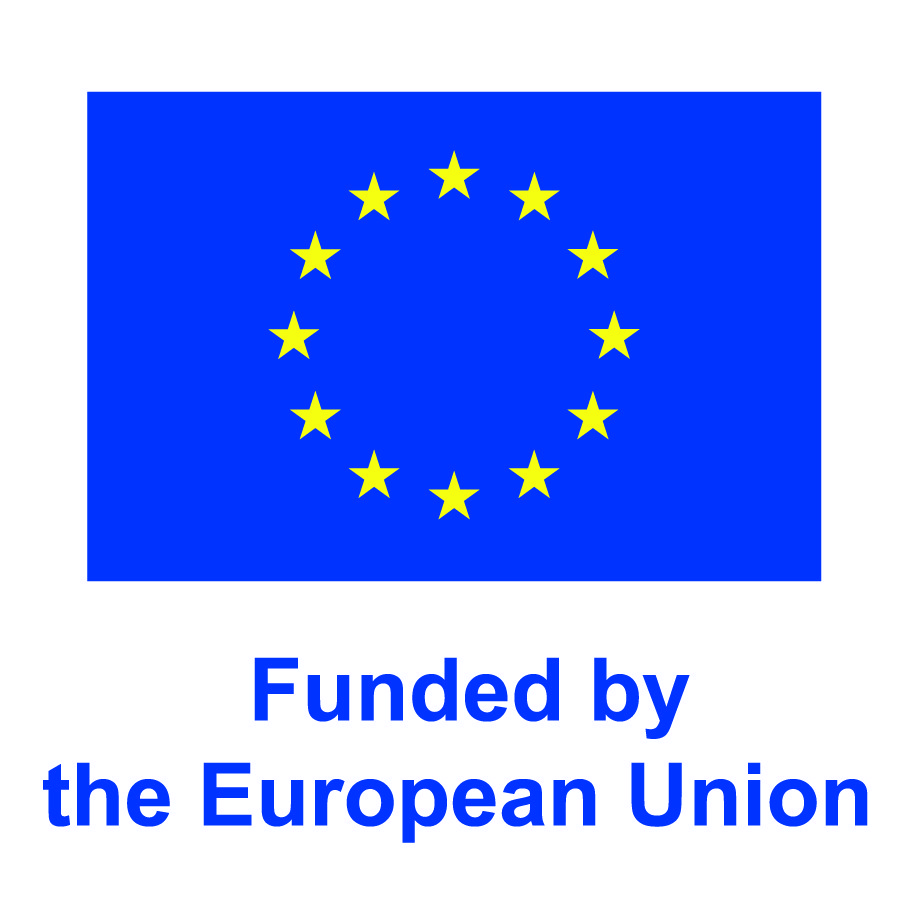

- Basic information
- Project description (annotation)
- Aims of the project
- Project objectives (detailed)
- Methods
- Planned outputs
- Outputs
- Centrum spoločenských a psychologických vied SAV, v. v. i.
- ENTRANCES
- 883947
- Mgr. Richard Filčák, MSc., PhD., Mgr. Daniel Škobla Daniel, MA, PhD.
- Dušana Dokupilová, Matúš Grežo, Branislav Uhrecký
- 1.5.2020 - 31.10.2023
- Spain, Italy, Germany, Austria, Norway, Belgium, Poland, Romania, Portugal, France, United Kingdom
- The University of A Coruna, Spain
- Horizon 2020
- European Union
- Belgium: INDUSTRIALL EUROPEAN TRADE UNION ASSOCIATION DE FAIT, FEDERATION EUROPEENNE DES TRAVAILLEURS DU BATIMENT ET DU BOIS ASBL, Spain: FUNDACIÓN CULTURAL PRIMERO DE MAYO, COMISIONES OBRERAS DE INDUSTRIA, Albania: CO-PLAN INSTITUTI PER ZHVILLIMIN EHABIITATIT, SINDIKATA E PUNONJESVE TE INDUSTRISE TE SHQIPERISE, Turkey: TUM DOKUMA IPLIK TRIKOTAJ HAZIR GIYIM KONFEKSIYON VE DERI ISCILERI SENDIKASI OZ IPLIK IS, TURK METAL SENDIKASI, Slovakia: CONFEDERATION OF TRADE UNIONS OF THE SLOVAK REPUBLIC
With the project ENTRANCES - Transformation of energy from coal and carbon: Impacts on society, which is financed from the framework program of the European Commission Horizon 2020, the Center for Social and Psychological Sciences, the Institute For Forecasting, Slovak Academy of Sciences follows several years of research into the social and economic transformation associated with the transition to circular and low- carbon economy. It is implemented within the framework of a consortium of 14 European universities and research institutes in cooperation with social partners, and it also includes a case study of the transformation of the Upper Nitra region.
The project is focused on the H2020 research theme "Social and humanities aspects of the transition to reimbursement" and focuses on "challenges facing carbon-intensive regions." The project aims to analyze the impacts of the ongoing and planned change in the way energy is produced and consumed in a multi-context within: 1) decarbonization policy; 2) ongoing processes of removing territorialization; and 3) the territorial dimension of the transition to clean energy. These contextual elements are defined in relation to subsequent data and information for the interpretation of the main research objectives of extraction and transformation of regions with a high share of carbon consumption can lead to different impacts. Along with these processes, conflicts also appear, which move from the local to the national and European level and vice versa. The main focus of the project is the analysis of these conflicts and the negotiation processes that concern them, as well as the context of public policies and political culture shaping the course and intensity of conflicts; b) Challenges faced by coal and carbon-intensive regions are examined based on an ongoing process at the territorial level. Another line of project implementation is to identify factors of territorialization operating in various coal and carbon intensive regions and to analyze, explain their dynamics and interaction; c) The transition to clean energy cannot be understood only as a technological change or an industrial shift and it is therefore necessary to analyze it as a socio-economic-psychological process affecting the life of local communities. In this regard, the project is aimed at studying process management strategies from a wide range of perspectives: a multidimensional perspective combining different disciplinary frameworks; comparative perspective, development of a comprehensive set of case studies; a multi-level perspective in which various key actors are involved at the territorial, regional, national, European and global level. Each of these strategies will be elaborated in a specific research segment: Theoretical area, Analytical part and Proactive area.
More information on: ENTRANCES – Horizon 2020 (H2020) Project – ENergy TRANsitions from Coal and carbon: Effects on Societies
To develop a theoretically-based and empirically-grounded understanding of cross-cutting issues related to SSH aspects (socio-economic; socio-technical; socio-ecological; socio-cultural; socio-political and socio-psychological; and gender related) of “Clean Energy Transition” in European coal mining and carbon-intensive regions.
1. To develop comprehensive knowledge and insights on the SSH aspects of transitioning to clean energy
2. To develop a better understanding of the challenges faced by the selected European coal mining and carbon-intensive regions
3. To co-create a set of recommendations from the project findings using multi-level perspectives
4. To contribute towards a common vision by taking into account societal implications and opportunities of “Clean Energy Transition”
Several methodological approaches will be used in the ENTRANCES project. WP1 aims to specify a set of distinctive factors, dynamics, and patterns for each of the six analytic components of the project: socio-economic, socio-technical, socio-ecological, socio-cultural, socio-political and socio-psychological. Such factors, dynamics and patterns will be the basis for developing the methodological framework of WP2.
WP2 translates the theoretical approach developed in WP1 into an analytic framework, that will be deployed in WP3 and WP4 for the case studies of coal mining and carbon-intensive regions. WP3 together with WP4 will provide inputs for comparative analysis (WP5) and for the co-creation of policy recommendations (WP6).
WP5 aims to carry out a comparative analysis so as to describe and interpret commonalities and differences among the 13 coal mining and carbon-intensive regions in transition. This will allow to identify different challenges, coping strategies, and regional transitional trajectories and organise them in a taxonomy. Leveraging on regularities and differences among cases and mixing up different methods considering both ex-ante variables and expost factors, the WP aims to infer some general information on “Clean Energy Transition” and its risks for the selected regions.
CSPS will contribute to almost all the activities foreseen in the project. In particular it will lead the task on “Socio-political key factors, dynamics and patterns” and will participate in task on the “Cross-cutting Workspace”. CSPS will also lead the “Research protocols and guidelines” and task on “Data management tools” and will carry out the case study in Upper Nitra. Finally CSPS will contribute to the qualitative analysis on “Comparative analysis”.
The Case study Upper Nitra
Policy Brief Upper Nitra
Report on Multidimensional Key Factors
Multidimensional Analytic Framework for Coal and Carbon Intensive Regions in Transition
Final Report ENTRANCES
